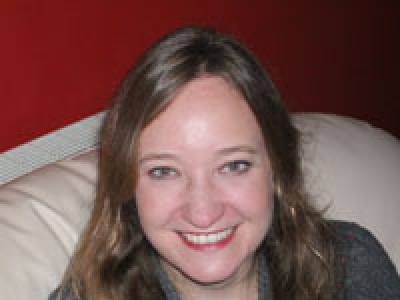My interest in neuroscience and auditory physiology stems from my undergraduate degree in Biophysics, where I was fascinated to learn about the ion channels involved in the generation of the action potential, the role such channels play in auditory transduction and the experimental techniques employed to study these channels. This lead me on to a DPhil in the laboratory of Prof Corne Kros, investigating the basolateral potassium currents in mammalian inner hair cells. This project enabled me to familiarise myself with using electrophysiological techniques to examine ionic currents. Following on from this, I completed a postdoctoral position in the laboratory of Prof Andy Forge, at the Institute of Laryngology and Otology (now the UCL Ear Institute) examining the role gap junction channels play in the inner ear. During this project I gained experience in molecular biological techniques, examining various mutations in connexin genes that have been linked to deafness.
The shift from mammalian to invertebrate studies came during my Daphne Jackson Fellowship in the laboratory of Dr Pauline Phelan, where Drosophila are used to study gap junction communication in the giant fibre system of the fly. During this Fellowship, we embarked on a pilot study to determine whether Drosophila would be a useful model to examine the role of gap junction communication in the auditory system, a project that is still ongoing in both the Phelan and Albert laboratories. My current project in the Albert lab involves the use of electrophysiological techniques to investigate the underlying ion channels involved in species-specific communication in Drosophila, a project that encompasses my experience and interests over the years.
 Close
Close


